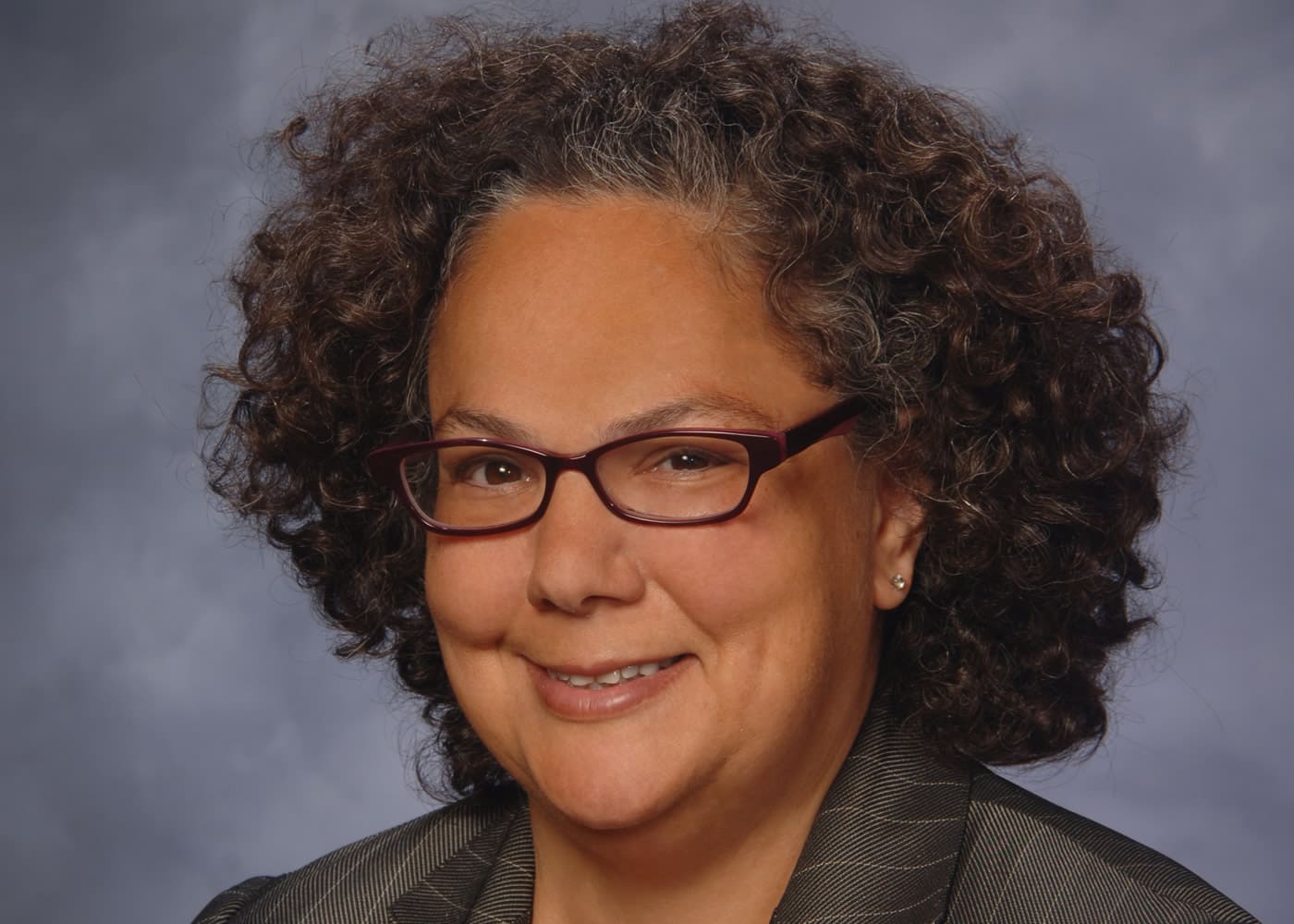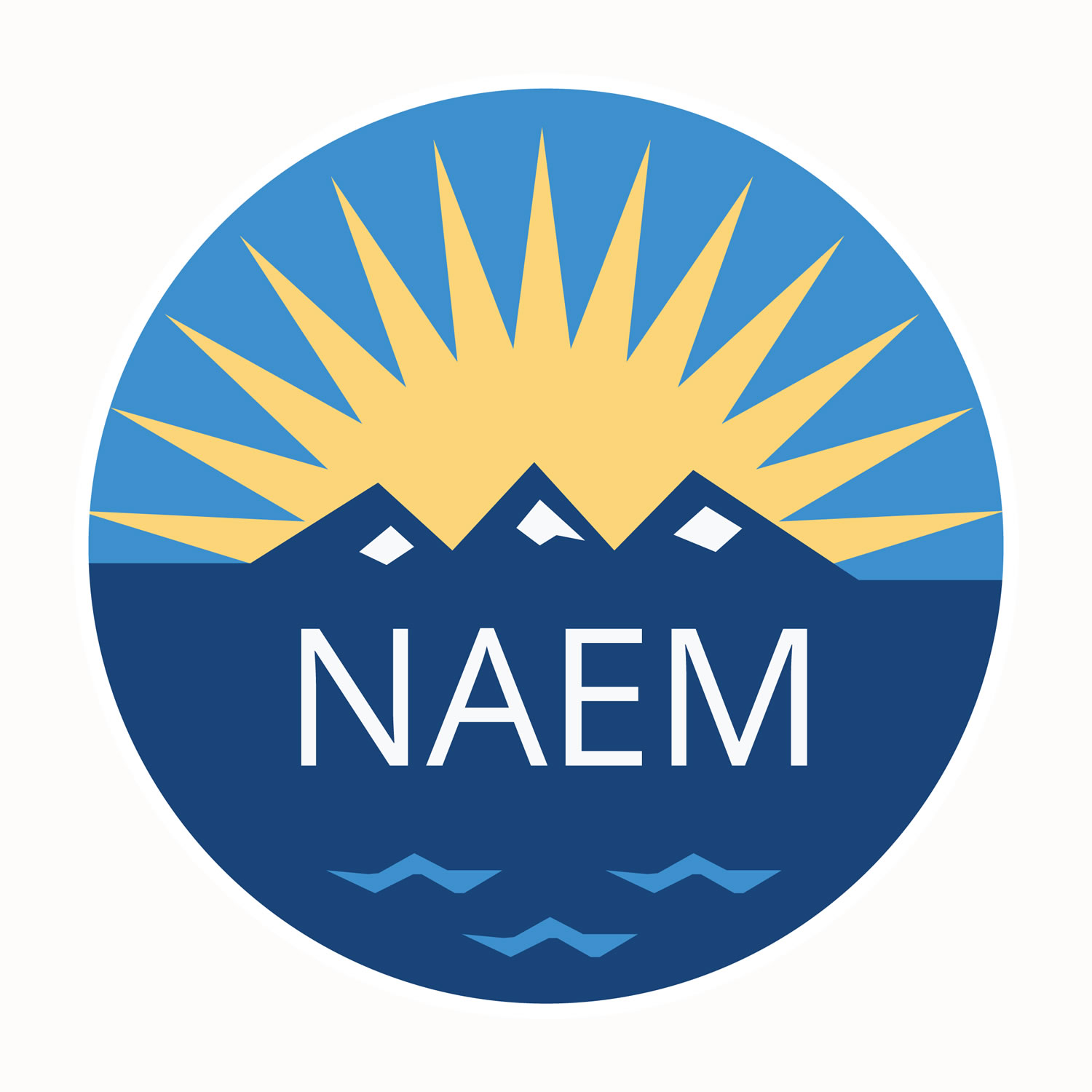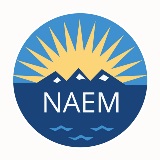Nancy Sutley's Advice to Aspiring Environmental Leaders: Never Lose Sight of the Purpose

When you look at Nancy Sutley's career, it's easy to imagine that she set out to be an environmental leader. This June, she shared insights from her career journey at NAEM's 2019 EHS&S Women's Leadership Roundtable in Savannah. To get a preview of her remarks, we spoke to her by phone from her office at Los Angeles Department of Water & Power. What our conversation with her revealed is how she built her path one step at a time, working hard, building relationships and accepting new opportunities as they arose.
Q: How did you find your passion for environmental work?
NS: My first job in Washington was a civil service job at the Federal Energy Regulatory Commission. I didn't necessarily think it was going to be my lifelong passion to be an economist at the Federal Energy Regulatory Commission, but after I left that job I went to an energy trade association, where I did all their policy work — and it happened to be Congress was considering reauthorizing the Clean Air Act. I was then dealing with environmental issues around power production, so I just started spending more and more time working on environmental issues as they as they related to the power sector. What happened to me was that the people I worked with in the energy trade association had been in government in previous presidential administrations — so when Bill Clinton was elected president, we were helping them find folks to work with different agencies. That was how I became a low-level political appointee at the Environmental Protection Agency in the early part of the Clinton administration.
Q: What are some of the early career lessons that you think helped steer you in the right direction?
NS: I learned early in my career that it's okay to try things out, and if it works, great, and if not, that's fine, too. You'll figure it out, as long as you're willing to work hard and are open to learning new things. The other lesson I learned early in my career is that relationships matter a lot. It's not necessarily that you have to go into things having lots of connections. You just need to treat your interactions with people — especially early in your career — as an opportunity to learn and to understand their career path.
Q: What did you learn about leading change from your experiences of working at those high levels of government?
NS: One of the things I learned early on that was reinforced when I worked at the White House is that the most precious resource we all have is our time. If you think about the demands on the Presidency, how the office spends its time is critical to this not just the nation but to the world. To be a good staffer, you had to you had to be smart about how you use your leader's time. It's important to always think about what value you're adding and to remain focused on the outcome you're trying to achieve.
I guess the other thing that stands out from my experience is that we work best when we share a sense of purpose with the people we're working with and working for. A lot of times people get fixated on process, or who is included in what meeting, and we can lose sight of what we're trying to accomplish. I've been very fortunate in my career to have had the opportunity to work with great leaders with whom I shared a strong sense of purpose around the environment. That gave me a strong motivation to do a good job to support that mission.
Q: What advice can you share for how to get folks from different perspectives to align around the same goal?
NS: You've just got to accept that there will be times when it's not possible to get everybody on the same page. But I think what mostly people want is to be heard. And I think sometimes we're in a rush to get things done and we don't take the time to listen to people. I think a big mistake people make is not building in the time to carefully listening to stakeholders' concerns so they know they have been heard. Not only does their feedback usually result in a better product, but it also makes it easier for them to accept a decision that they don't necessarily like. Sometimes people feel like they're on a tight schedule or that the stakeholder process is going to take too long, but that upfront investment usually pays off in the end — especially in environmental stuff which often goes to court, where you can be tied up for years with a lawsuit. If you really do engage in a sincere and open way upfront, you may be able to bring them around — but regardless of the outcome, it's worth the investment up front.
To get live updates and highlights from NAEM's 2019 EHS&S Women's Leadership Roundtable, please follow us on social media on Twitter (@NAEMorg), Facebook and LinkedIn.
Related
Sponsored Content
About the Author

NAEM Staff
The National Association for Environmental, Health and Safety, and Sustainability (EHS&S) Management (NAEM) empowers corporate leaders to advance environmental stewardship, create safe and healthy workplaces and promote global sustainability. As the
leading business community for EHS&S decision-makers, we provide engaging forums, a curated network, peer benchmarking, research insights and tools for solving today’s corporate EHS&S management challenges. Visit us online at naem.org.






